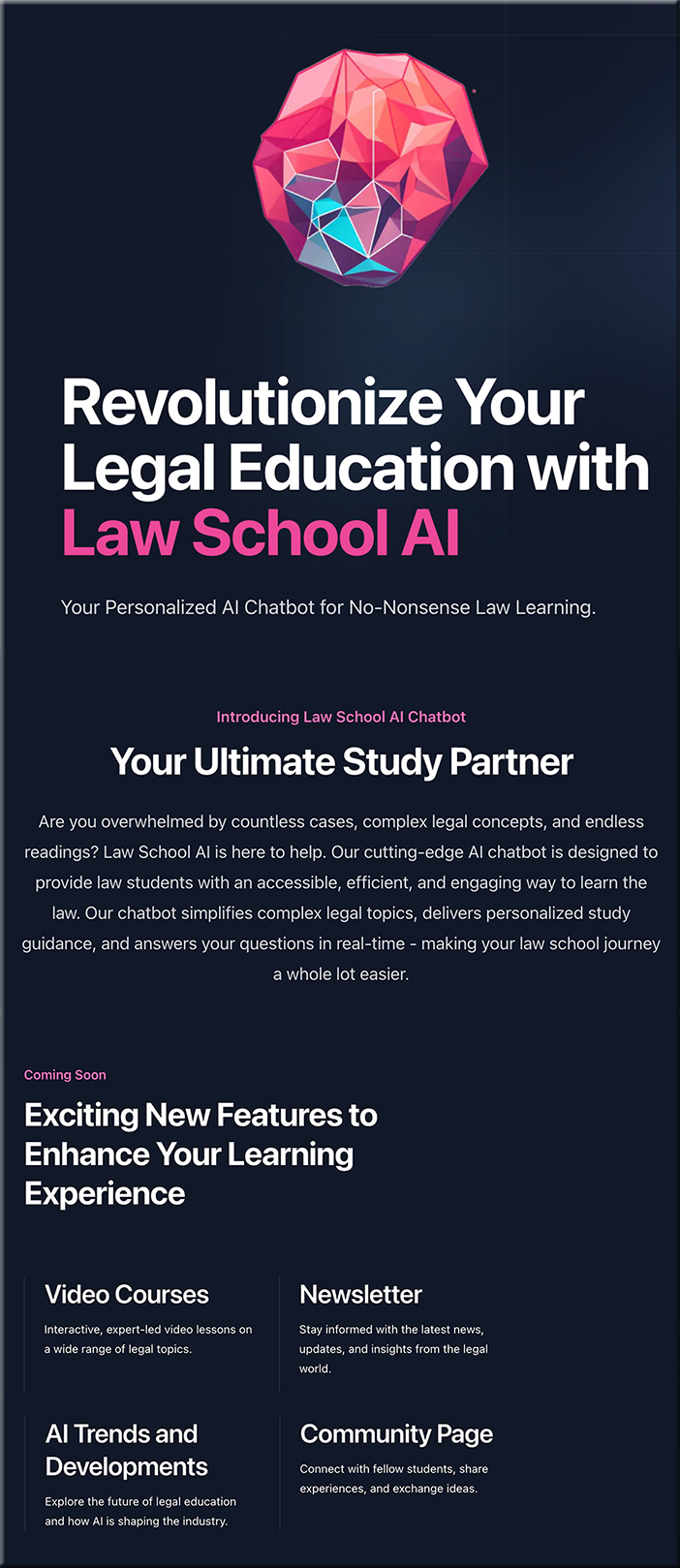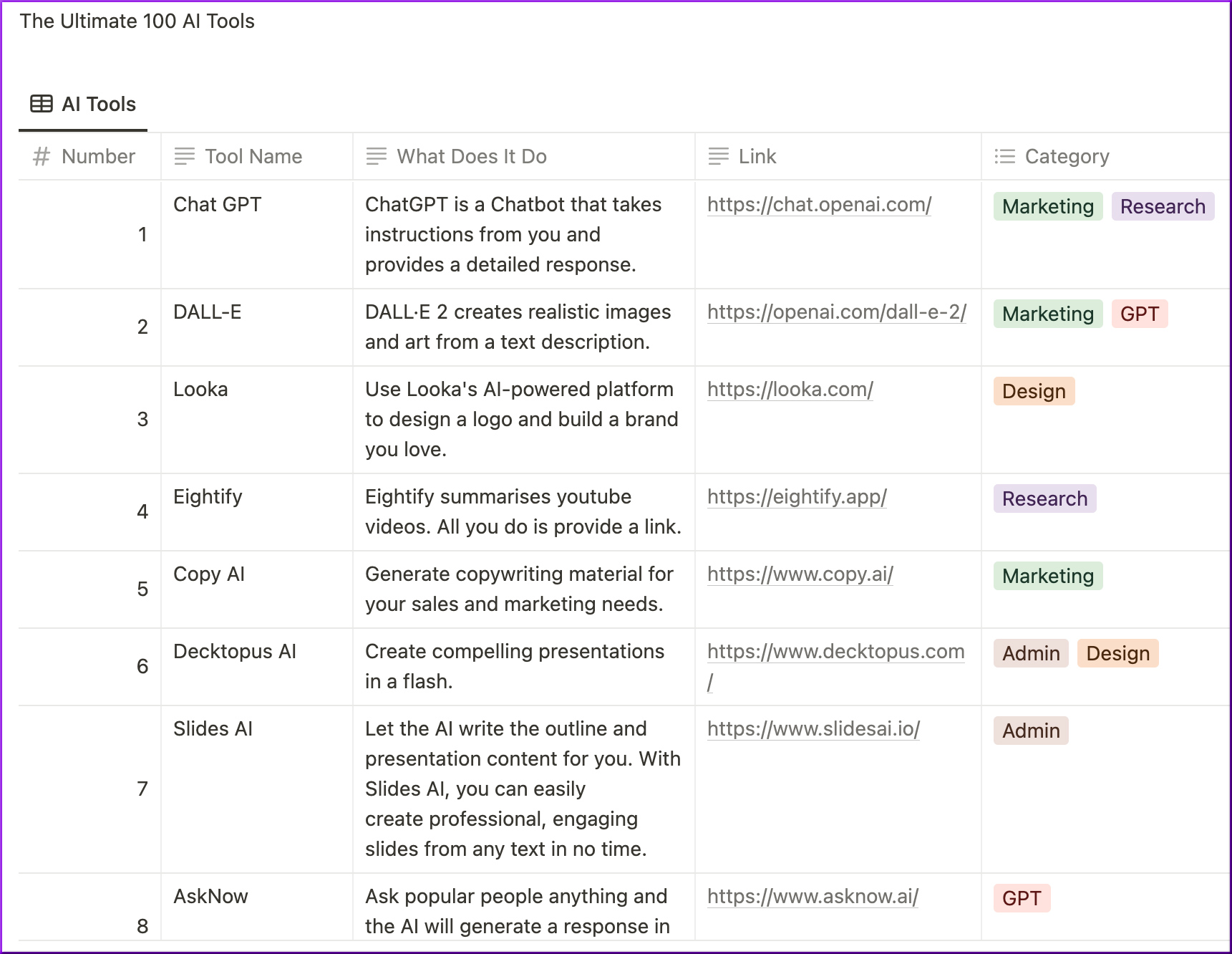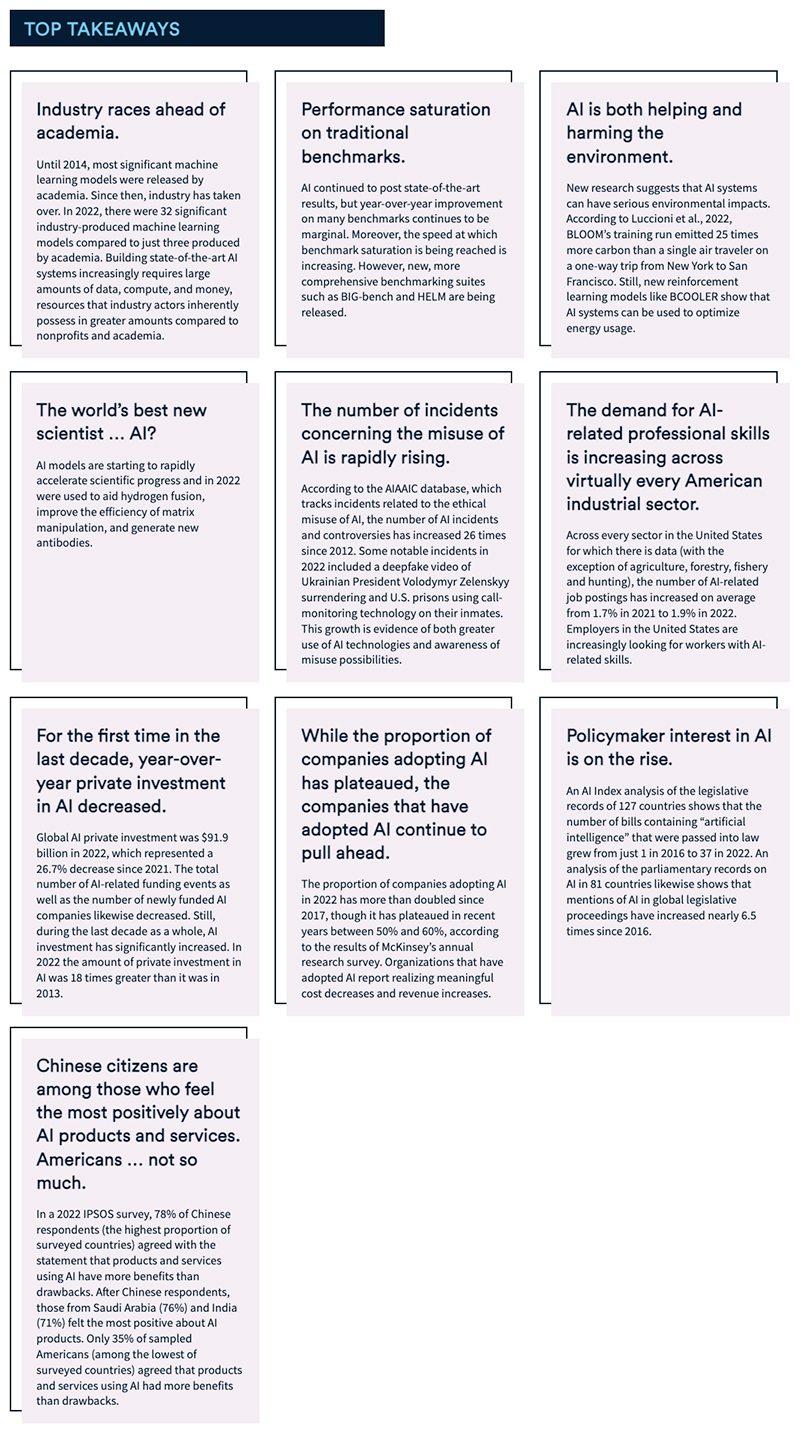Fastcase, vLex merger accelerates investment into legal AI — from reuters.com by Sara Merken
Excerpts (emphasis DSC):
(Reuters) – As artificial intelligence pushes deeper into the legal industry, Fastcase and vLex are merging in a deal the legal research companies said [on 4/4/23] will speed up the creation of AI tools for lawyers.
…
The merger creates a law library that is “the biggest legal data corpus ever assembled,” the companies said. The new company will have more than one billion legal documents from more than 100 countries, including judicial opinions, statutes, regulations, briefs, pleadings and legal news articles, they said.
Also see:
In Major Legal Tech Deal, vLex and Fastcase Merge, Creating A Global Legal Research Company, Backed By Oakley Capital and Bain Capital — from lawnext.com by Bob Ambrogi
Excerpt:
In a deal that will reshape the legal research and legal technology landscape on a global basis and threaten the longstanding “Wexis” legal research duopoly, the companies vLex and Fastcase today announced that they have merged into a single entity that they say will have the world’s largest subscriber base of lawyers and law firms and a legal research library of more than 1 billion documents from more than 100 countries.
Speaking about the legal realm and innovations, also see:
On LawNext: 15 Years, 15 Lessons: Clio Founder Jack Newton On What He’s Learned About Building a Successful Company — from lawnext.com by Bob Ambrogi and Jack Newton
Excerpt:
As Clio marks its 15th anniversary in 2023, Newton sat down with me to share 15 lessons he has learned along the way regarding what makes a successful company and a successful leader. He also reminisces about the early days of starting Clio and his early successes and challenges. Notably, he and Gauvreau founded Clio in the middle of the Great Recession, and one of the lessons he shares in this episode is his belief that a recession is a great time to build a company.
For anyone who has founded or is thinking of founding a legal tech startup, this episode is a must-listen. Even for those who are not tech founders, but law firm founders, many of Newton’s lessons apply.














